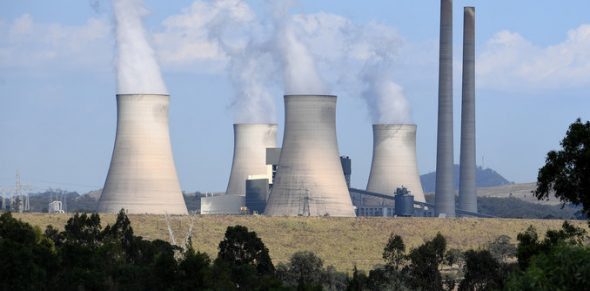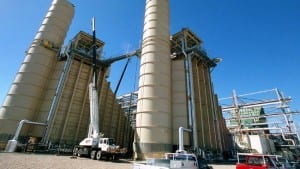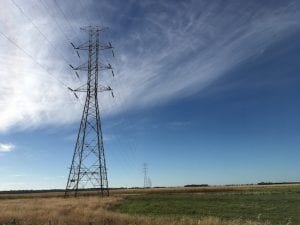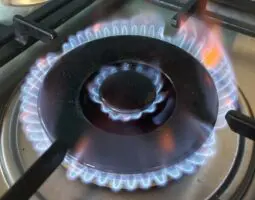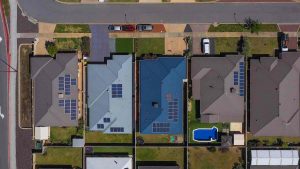The Australian Energy Regulator has announced it is taking action against the country’s biggest coal generator, AGL, and some of its subsidiaries for failing to provide the essential grid stabilising services that they had been paid to deliver.
The action from the AER follows a series of investigations into how generating and storage systems had responded to a series of grid events, some of which had led to losses of power in various parts of the grid.
Last year the AER took action against the Hornsdale Power Reserve, aka the Tesla big battery, for failing to deliver the amount of frequency control response that it had been paid to deliver.
The error – apparently in a software setting – had been self reported by Hornsdale owner Neoen and its battery supplier Tesla – and the excess payments refunded. The AER nevertheless took a dim view and fines of $900,000 were imposed.
Many in the energy industry thought that outcome was a bit rich given the general view that fossil fuel generators were also failing to deliver what was advertised on the box, and what they were being paid to do.
On Friday, however, this situation was at least partially redressed, when the AER said it was taking action against AGL for the failure of its Loy Yang A and Bayswater coal generators to deliver the frequency control and ancillary services they had been paid to deliver during grid disturbances.
The regulator says the AGL subsidiaries have “admitted that they did not comply with dispatch instructions given to them by AEMO in relation to their FCAS offers, and did not ensure their relevant generating units were at all times able to comply with those FCAS offers.”
The regulator says this conduct occurred between September 2018 and August 2020 for two generating units at its Bayswater power station, and between December 2019 and May 2020 for two generating units at its Loy Yang A power station.
“The AER considers the conduct created a risk to power system security by undermining AEMO’s ability to prepare for and respond to frequency disturbances,” it said in a statement.
“Under the National Electricity Rules, electricity generators can offer to be on standby to provide market ancillary services to stabilise network frequency when there is a power system disturbance.
“Contingency FCAS is a type of market ancillary service and is essential to keeping the lights on following a frequency disturbance in the power system.”
“Electricity generators must do what they say they will do if we are to keep the lights on through the market’s transition to variable renewable generation,”AER board member Justin Oliver said in a statement.
“When generators are not able to provide promised standby services, it creates a risk to power system security and stability. We expect them to ensure that they provide those services when called upon.”

